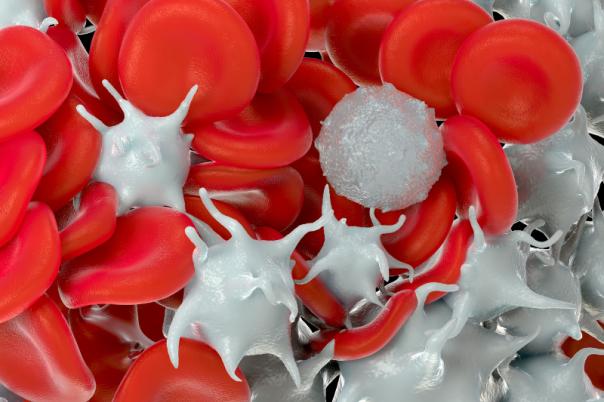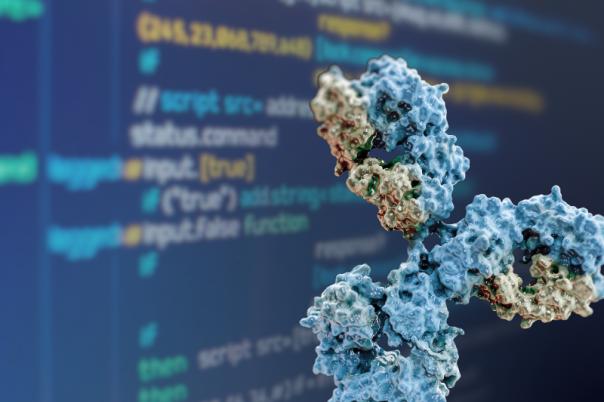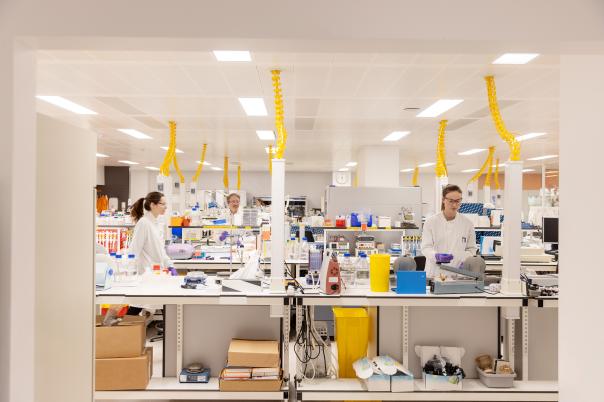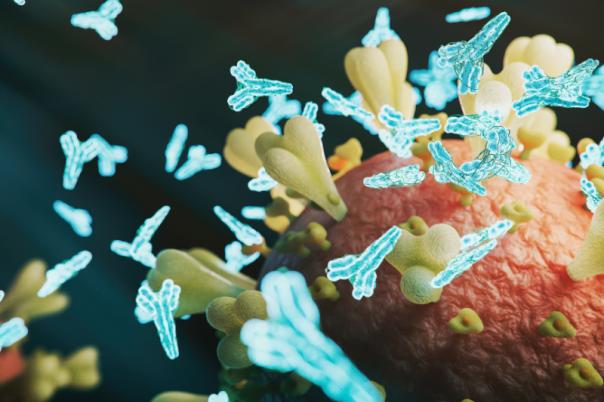Obinna Ubah, a Principal Scientist at Elasmogen, delivered this presentation on the development of a novel drug conjugate technology targeting autoimmune inflammatory diseases. The talk centred around the soloMER technology, derived from shark immune systems, and its potential advantages over traditional therapies.
Ubah began by introducing the soloMER technology, which is based on a single-domain antibody from sharks designed to target autoimmune diseases. He explained that the soloMERs exhibit unique binding properties, allowing them to engage with recessed epitopes on targets, potentially driving novel mechanisms of action. The presentation detailed the creation of Quad-X constructs, which can bind to different parts of human TNF alpha, demonstrating superiority over Humira in preclinical models.
In transgenic mouse models of polyarthritis, the Quad-X showed significant efficacy compared to Humira, with improved arthritis and histopathology scores. Ubah highlighted how the binding of the Quad-X to hidden epitopes may lead to reduced adverse events associated with traditional anti-TNF therapies. He also discussed the bifunctional therapy approach, where the soloMER drug conjugate (SDC) combines anti-TNF properties with a small molecule JAK inhibitor, aiming to minimise systemic exposure and enhance therapeutic efficacy.
The presentation included results from in vivo studies, indicating that the dual-action therapy effectively targeted inflammation, leading to improved cytokine control in chronic models. Ubah emphasised the need for further investigation into the soloMER technology's applications in treating immune-mediated inflammatory diseases and the potential to address unmet medical needs.
Throughout the talk, Ubah provided insights into the development process, preclinical efficacy studies, and the differentiation of the soloMER technology from existing therapies. He concluded by stressing the importance of continued research and development to fully realise the potential of this innovative approach in treating autoimmune inflammatory diseases.






